
#2 in my ranking of the Halloween franchise.
Well, I really don’t get the consensus. Halloween Ends is easily the best sequel since the original film, the one that does the most to actually expand on the original ideas, the one with the best handle on the kind of horror that Carpenter originally strived for, and the one with the best overall approach to its character-based storytelling. Sure, Michael Myers doesn’t appear until something like halfway through the film, but we got much more interesting stuff instead. Do we really need another retread of Michael stabbing dumb teenagers, or can we get a portrait of evil transferring over to a new vessel, the shape transforming into something new?
Halloween Ends - The Final Trailer
One year after the events of the two previous entries in David Gordon Green’s Halloween films, Michael Myers has disappeared without a trace, and Corey Cunningham (Rohan Campbell) accidentally kills the child he’s babysitting on Halloween night. Several years later, the specter of Myers still lingers over Haddonfield like a sickness, never lifting, especially around the eponymous holiday. Corey has been released from police custody, though he can’t shake the guilt or shame the town feels towards him as he works at a mechanic’s yard with his father. He’s accepted that he’s a loner.

Meanwhile, Allyson (Andi Matichak) has moved in with her grandmother Laurie (Jamie Lee Curtis) after the death of her mother at the hands of Myers at the end of the previous film. Allyson works in a doctor’s office, also comes off as a loner while her grandmother tries to push her out the door to live a life. When Laurie encounters Corey at a gas station, being bullied by four high school kids, she orchestrates the meeting between her granddaughter and this seemingly nice boy.
And that’s really the heart of this film: a romance between a broken young man and the girl who sees a kindred spirit in him with a question in the middle of it. Where does the evil come from? Is it something that was always in Corey that just came out, or was it from an external force, like the sickness infecting Haddonfield? Considering the plot progression, I’d say that the film leans more towards one than the other, but it never has that moment where someone just explains the “proper” interpretation. People, especially Laurie, do talk about it explicitly, but they just don’t answer the question, leaving it up to the audience.

The dramatics involve the pressures put on Corey and, to a lesser extent, Allyson as the four days before Halloween progress, with heightened moments that keep pushing them both forwards towards a point where they want to burn it all down (Corey saying that he’ll bring the match is probably the best moment in the film, and it’s a whispered line). And it corresponds with the discovery, about halfway through the film, of Corey discovering Michael living as a scavenger in a sewer beneath a bridge.
The relationship between Corey and Michael, mostly wordless since Michael can’t talk and Corey can’t really explain what’s going on with him, is the portrait of evil passing the torch, changing form. They become symbiotic as Corey’s descent into evil makes Michael stronger, while Michael’s willingness to just commit evil for no reason feeds Corey’s nihilism. By the point that Corey is putting on his own mask to commit his own violence, the performance by Campbell gains this wonderfully subtle quality of menace that gets highlighted in a few moments, really selling the journey.
The finale is absolutely great as Corey fully embraces the legacy that he’s stepping into…until it’s not, the film quickly changes direction so the marketing team could focus on a roughly five-minute sequence between Michael and Laurie. I won’t go so far as to say that this doesn’t work at all. It’s fine in a schlocky kind of way, but it just simply does not fit the film that came before it. If there was one person that Michael should have faced off (assuming a face off was necessary, which it wasn’t) it would have been Corey, the younger man getting stronger and accepting the evil that’s leaching out of the older man. But, franchise movie in a series that’d hit a rough spot with the previous film, negating any desire from any executive to take risks.

It’s amazing that Jason Blum allowed David Gordon Green and Danny McBride to go as afar field as they did for so long because 90% of this film is great. Just outright great. The kind of thing you expect from hiring the guy who made George Washington or Undertow or Joe to make a Halloween film and given the support he needed. I really wonder if there’s an alternate ending out there, that the ending we got was the result of reshoots.
Anyway, despite the completely unnatural way that the ending fits, it only does a little to get me away from appreciation of the film as a whole. Corey’s journey is specifically drawn and really quite compelling. The performances are all very good. Green gets some wonderful moments of tension that he drags out as much as they will allow. Even the kills are good in that sort of way that people want from a slasher, they just have to get through a well-done character piece first. I know, how boring.
Originally published here



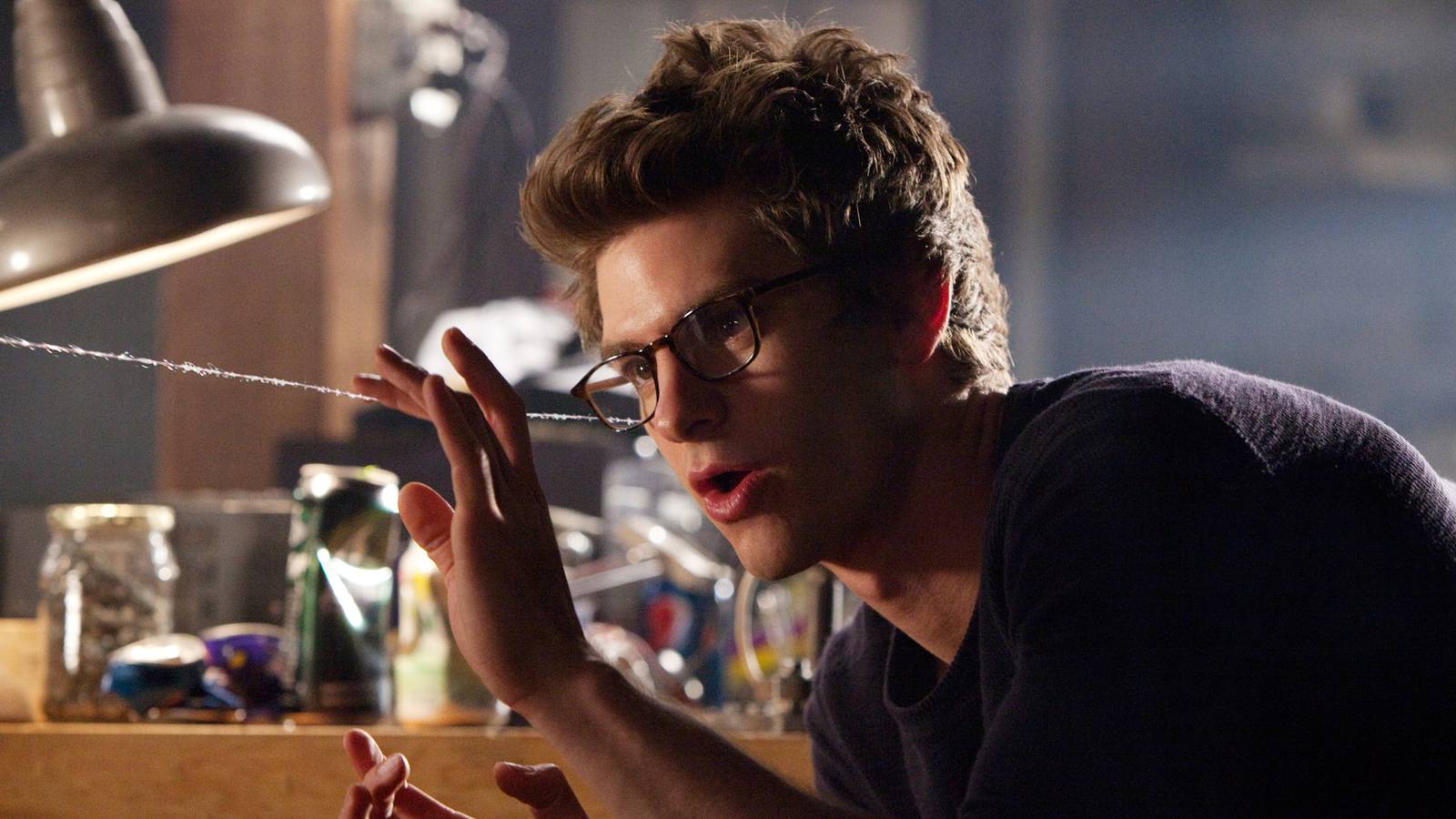

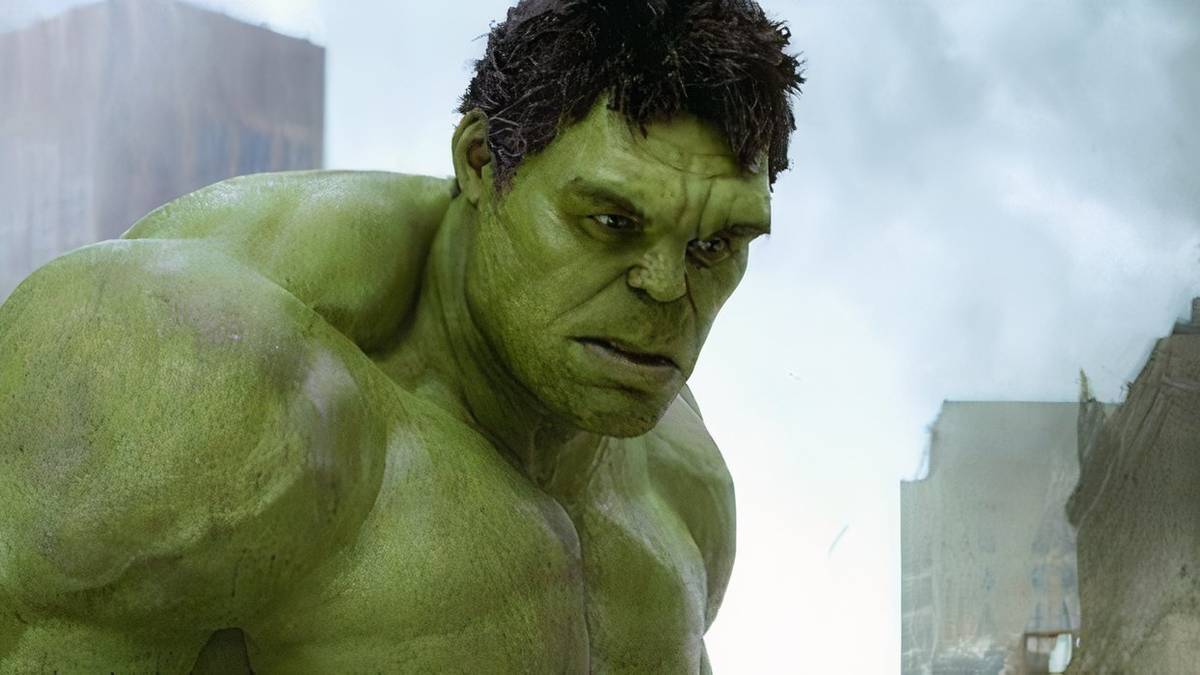

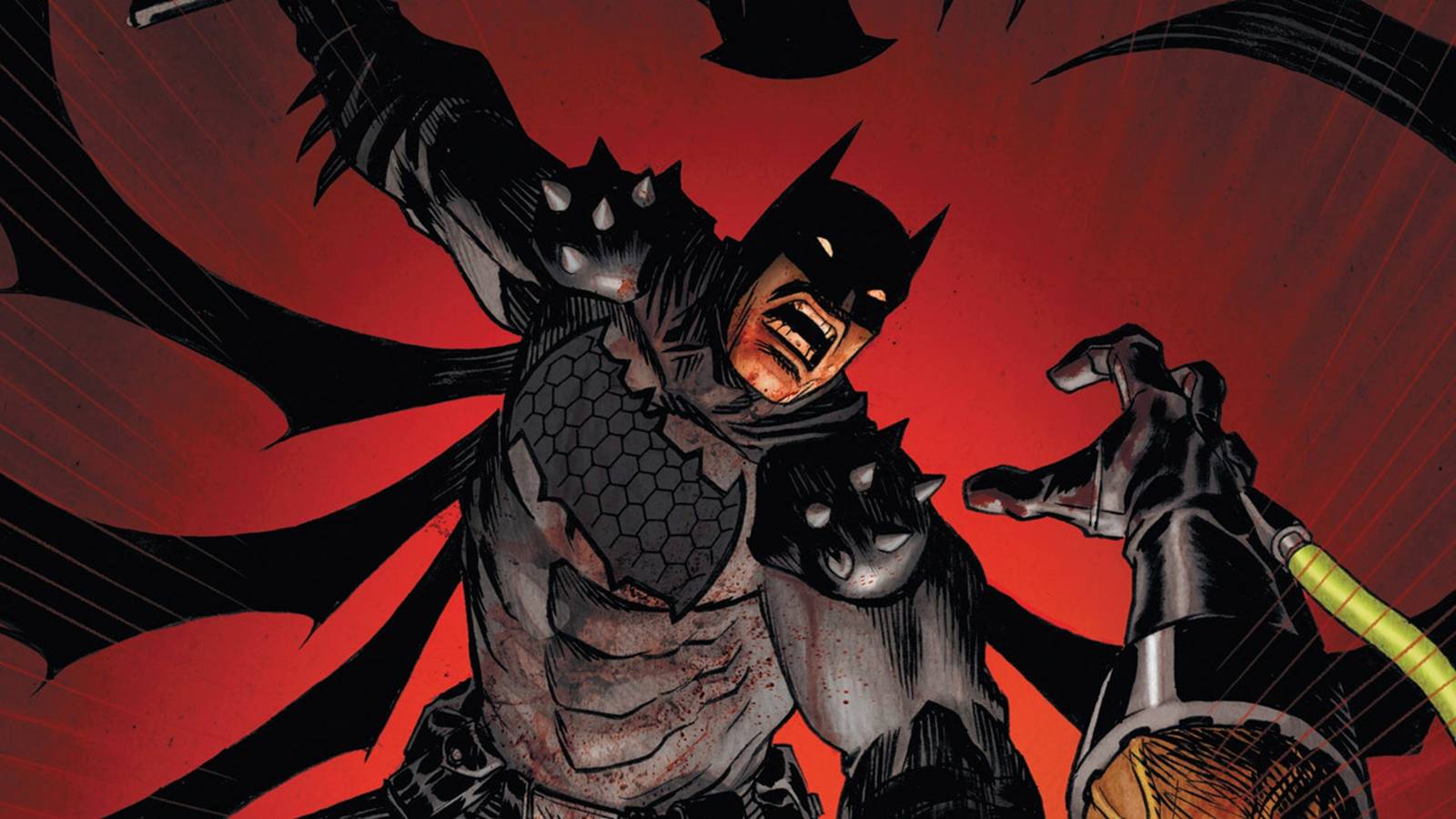
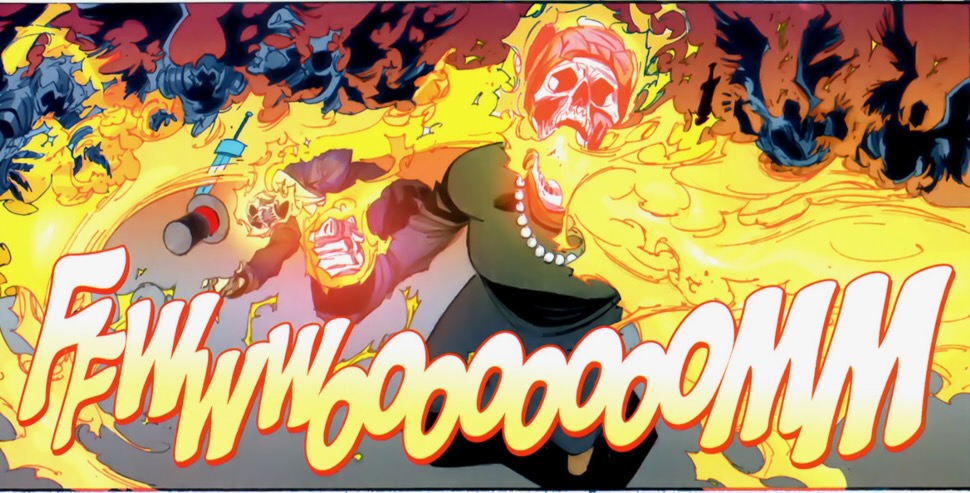
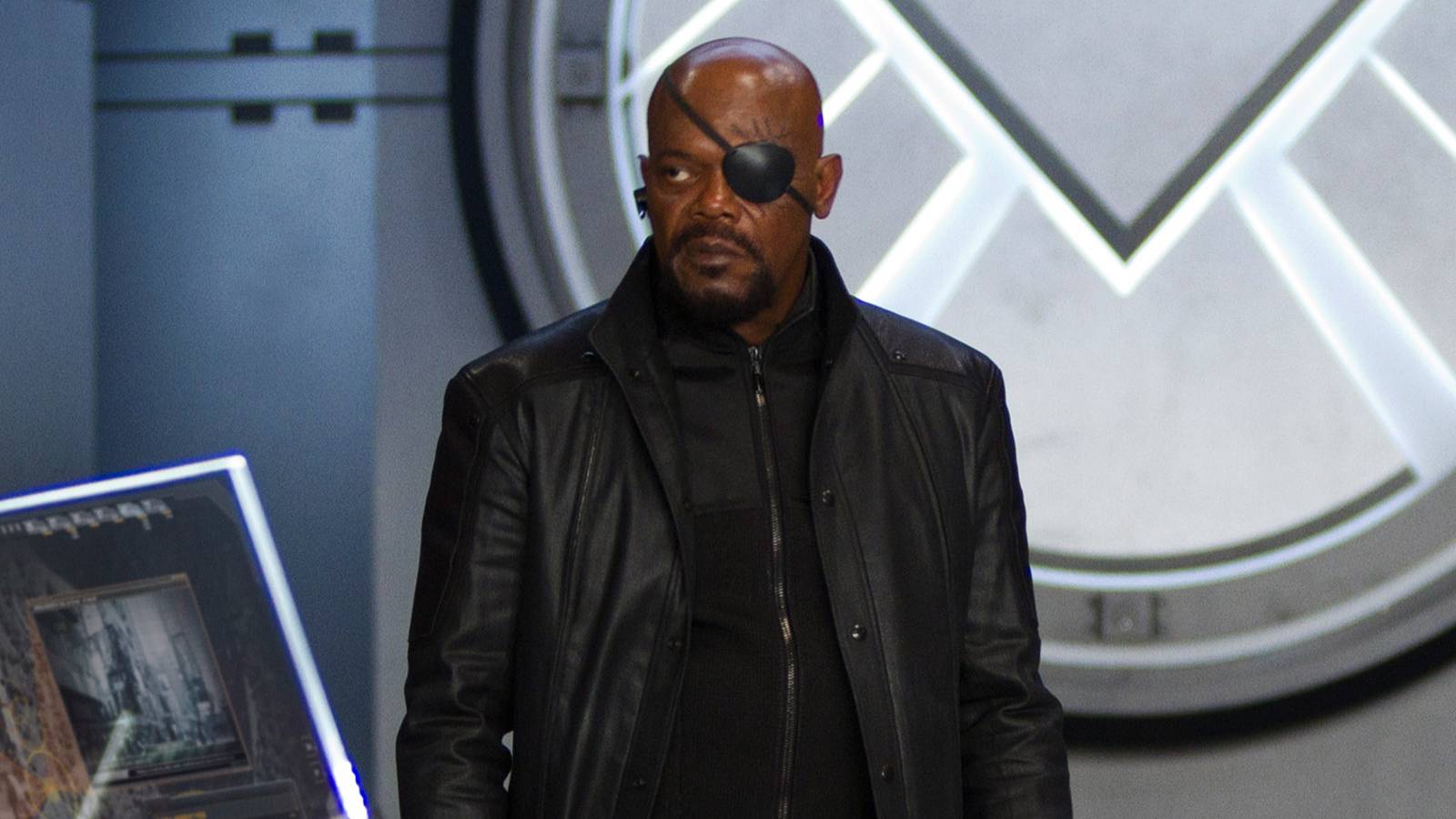
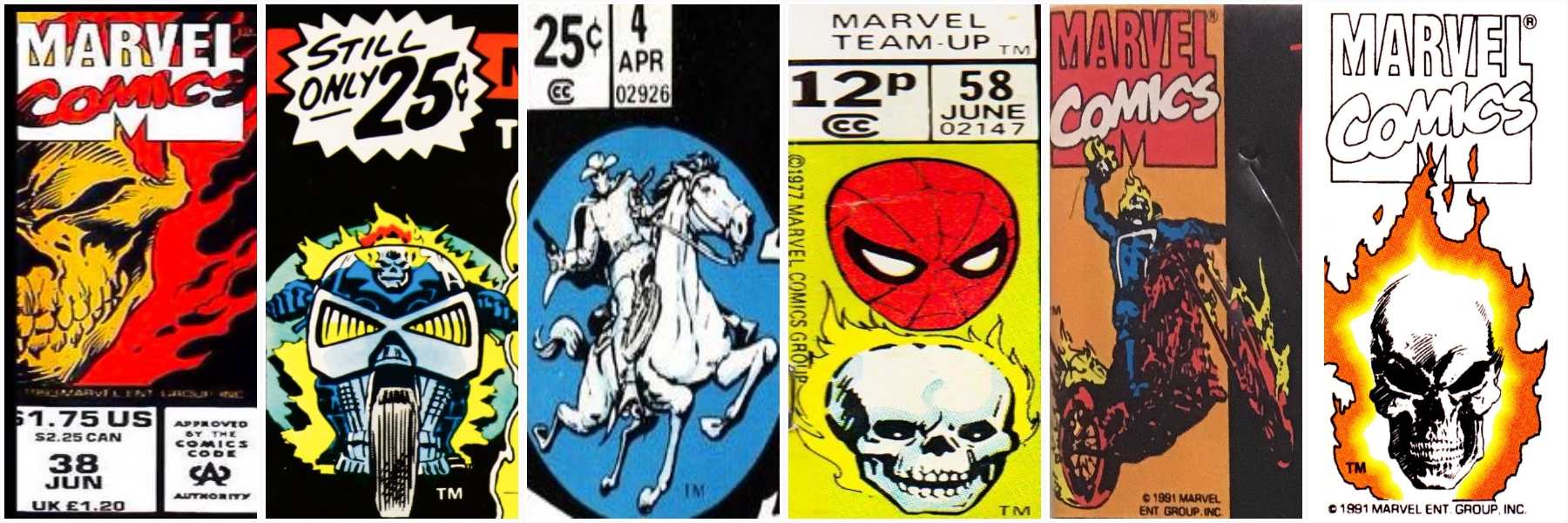


![Ghost of Yōtei First Impressions [Spoiler Free]](https://attackongeek.com/wp-content/uploads/2025/11/Ghost-of-Yotei.jpg)


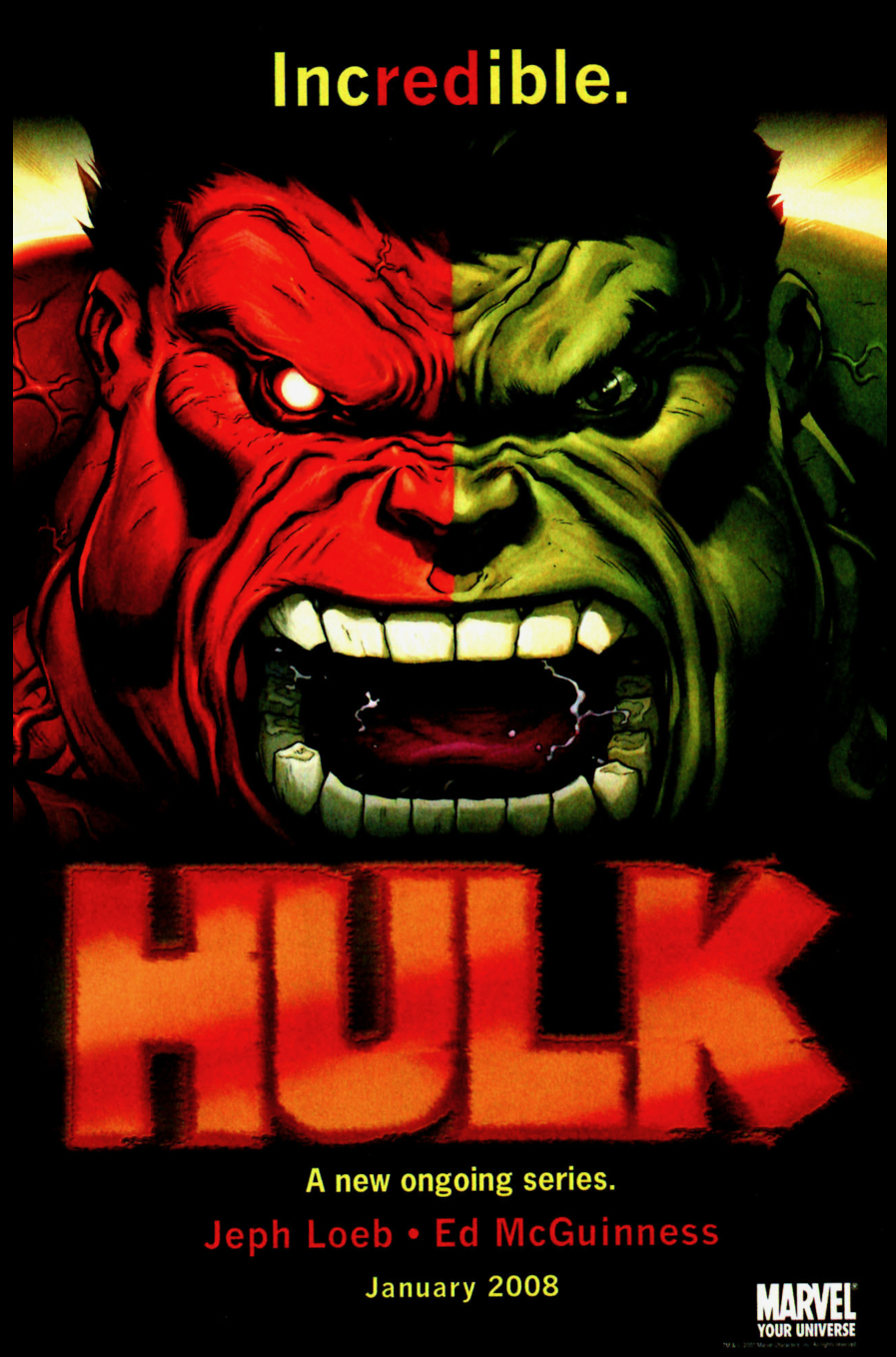
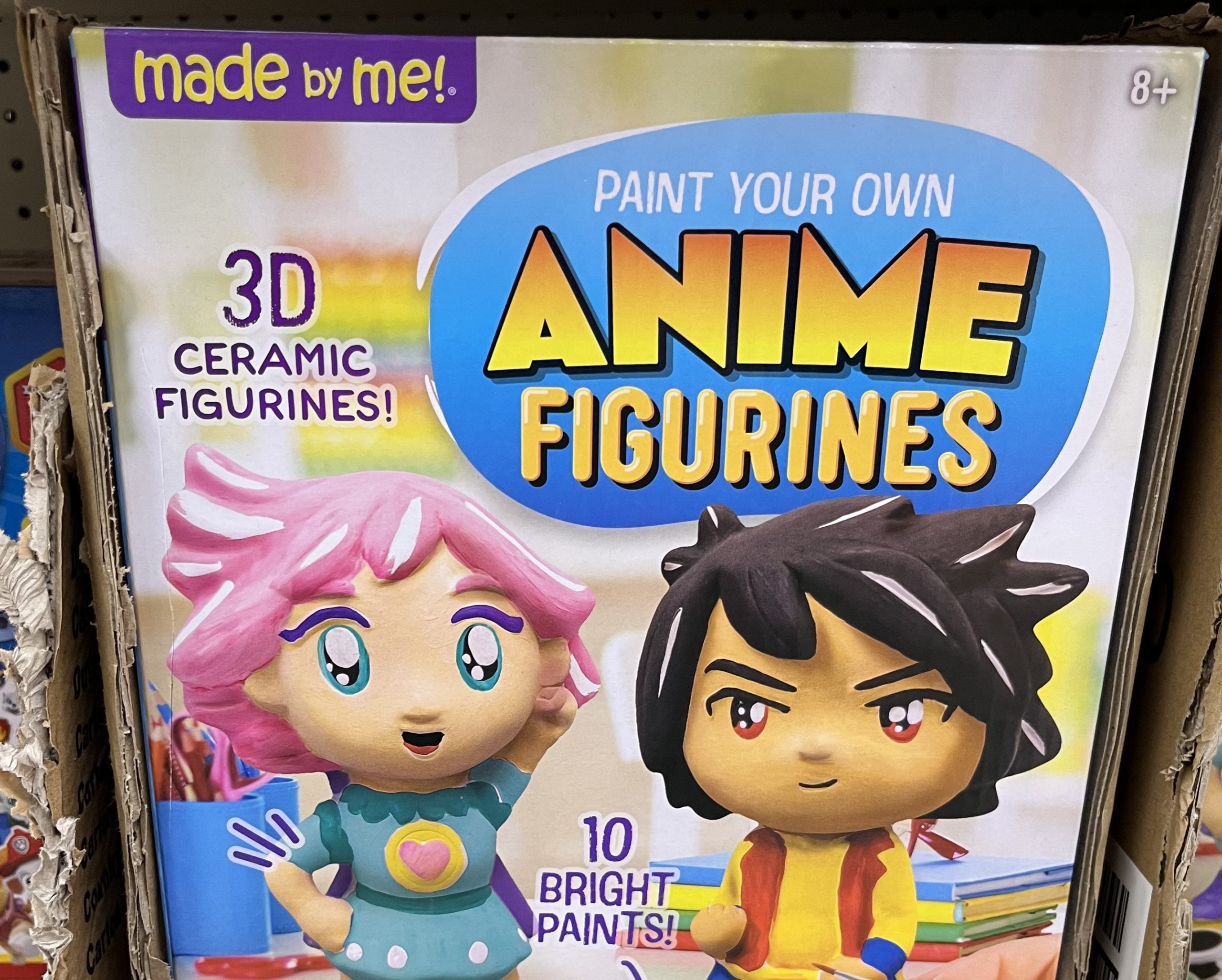
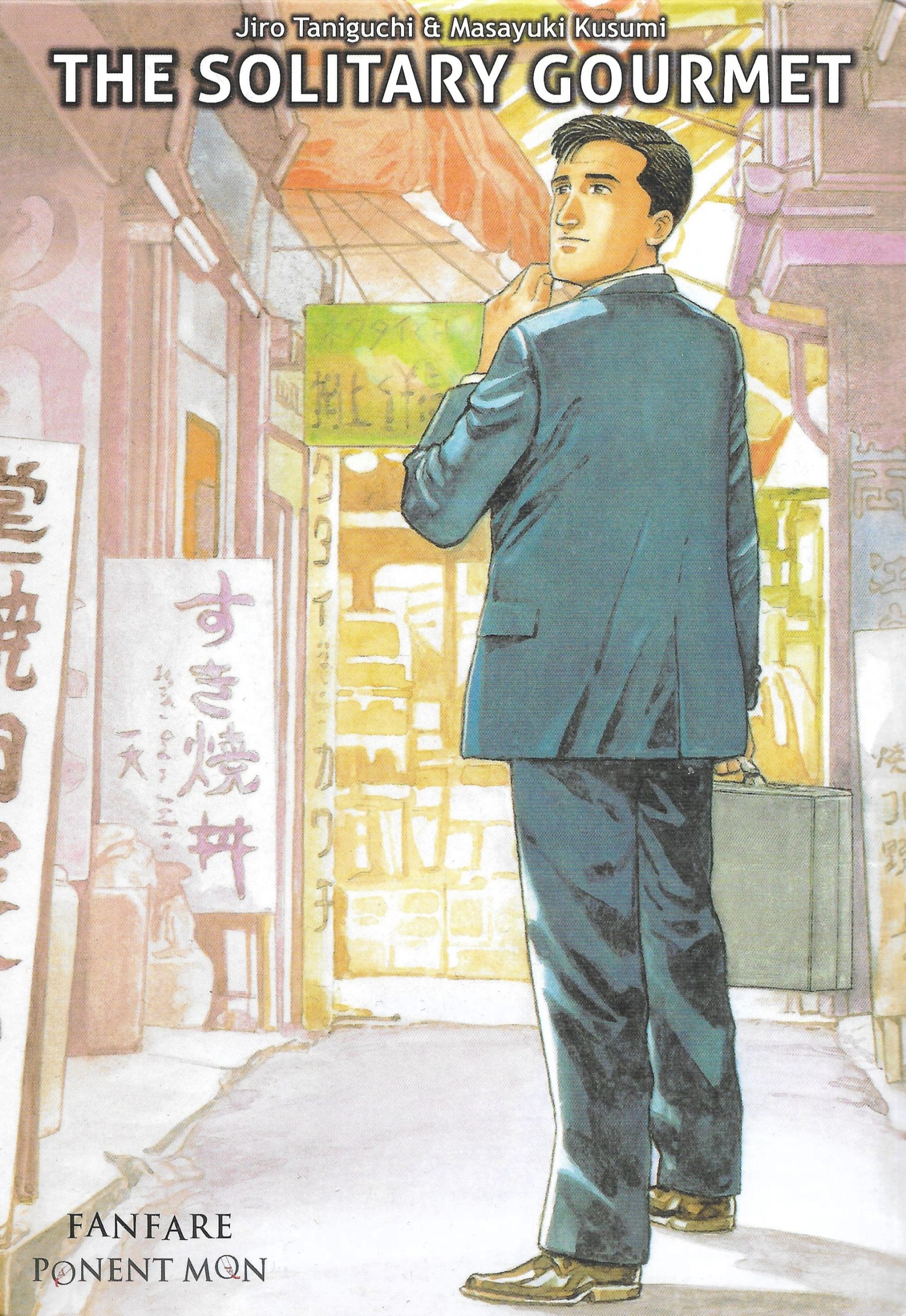
 English (US) ·
English (US) ·